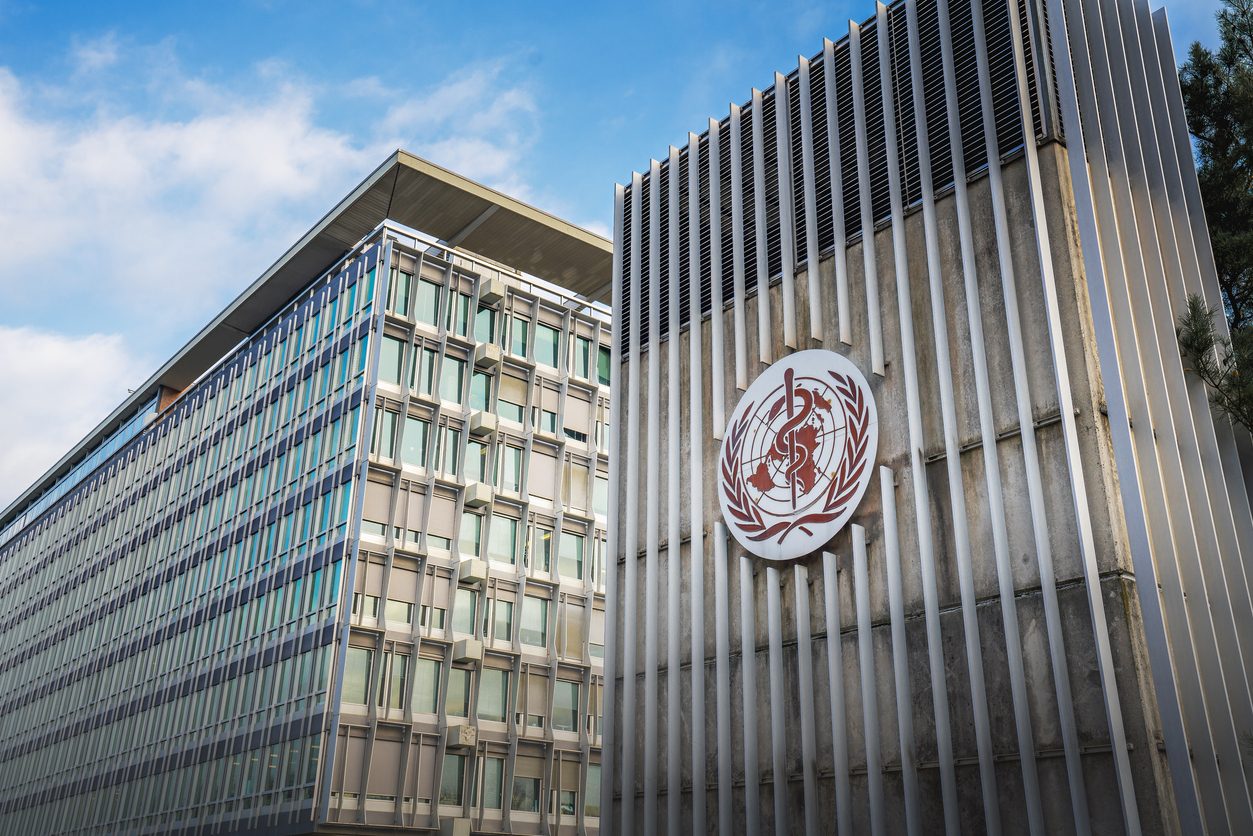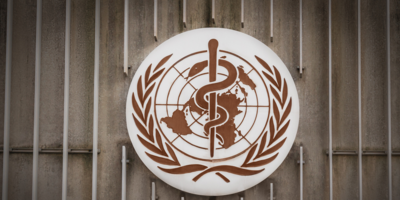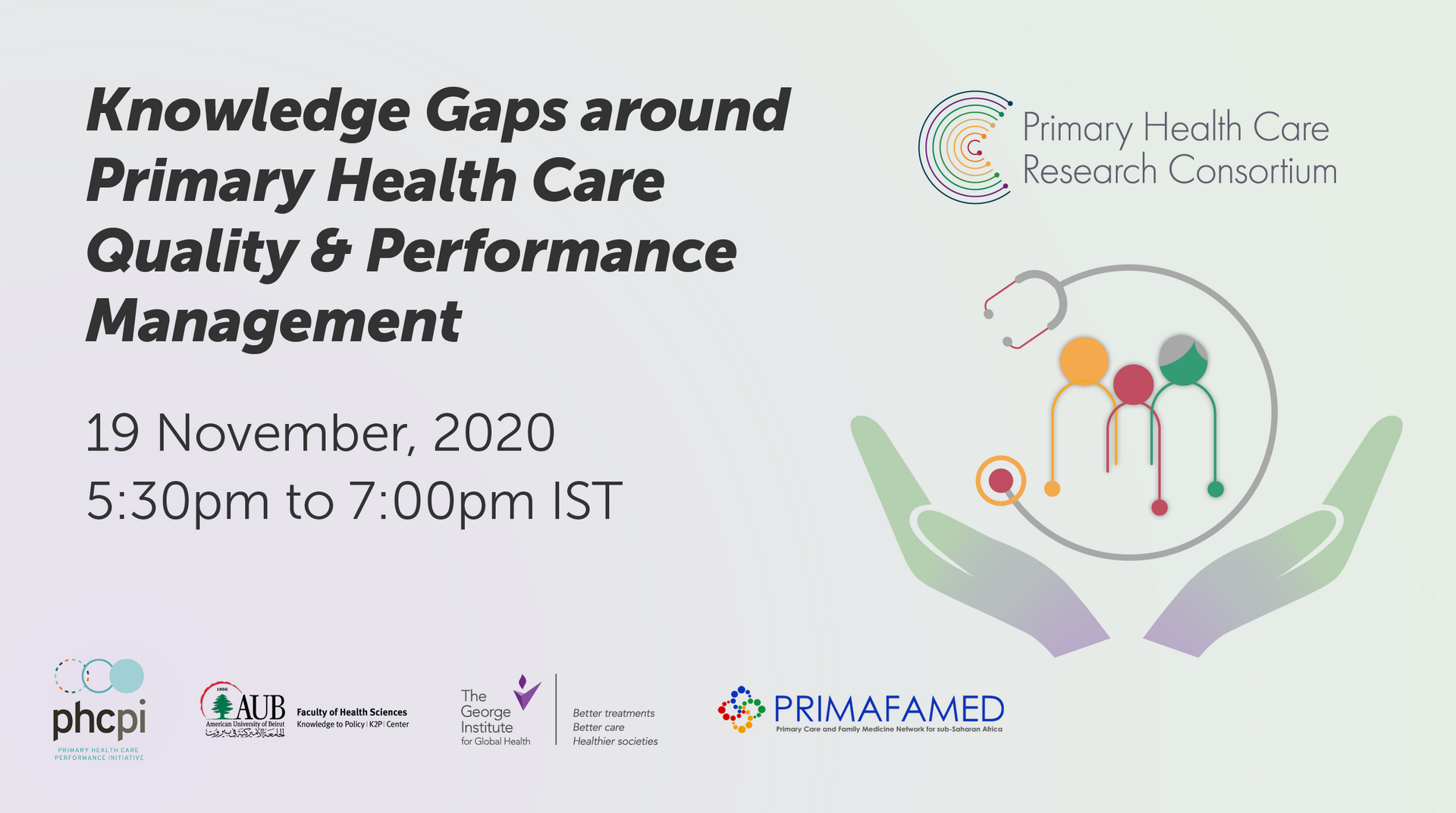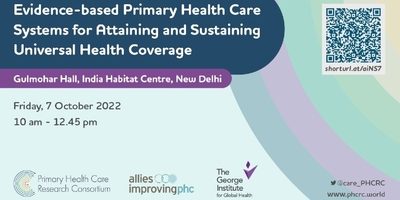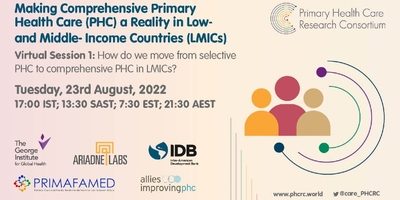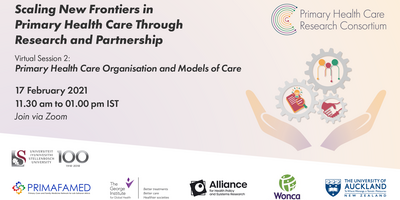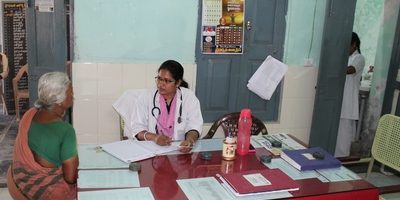The World Day of Remembrance for Road Traffic Victims is commemorated on the third Sunday of November each year. It affords a special opportunity to remember the many millions of people killed and injured on the world’s roads, along with their families, friends and many more who are affected.
In the last year, 1.35 million people have lost their lives, and 50 million are living with the scars – mental and physical – of a recent road traffic crash. Death and injury caused by a road traffic crash is sudden and traumatic. The physical, social and economic impact, however, is often permanent. The distress and anguish experienced by these many millions of victims is all the greater as many of these crashes could – and should – have been prevented.
The theme for the 2020 World Day of Remembrance is Remember Support ACT, so we asked colleagues from The George Institute’s injury prevention and trauma management team to tell us about their work.
We remember
The George Institute conducts research in 20 countries to understand the risk factors and impact of crashes on individuals, their families, communities, and nations in order to promote evidence-based interventions.
A recent study in Cape Town, South Africa investigated the barriers and facilitating factors to the use of child restraints (such as a booster seat). About 1 in 3 crash-related injuries in the country are caused by unrestrained transport in the back of a vehicle. Currently, national legislation mandates that children under the age of 4 years be placed in an age-appropriate restraint, but usage levels are well below 20%.
Barriers include the cost of seats, a lack of awareness, and poor enforcement. Among the study recommendations, researchers advised increasing the age limit in the law to internationally accepted standards (10 years old or 150cm), and implementing borrowing schemes. The risk of child death and injury in a collision could be dramatically reduced by using an appropriate child restraint system.
In this podcast, Drs Margie Peden (Head of the Global Injury Programme at The George Institute) and Jagnoor Jagnoor (Senior Research Fellow) reflect on road traffic deaths and injuries in India, highlighting where more research is needed, and how the COVID-19 pandemic presents an opportunity to build back safer.
We support
The George Institute provides direct support to NGOs working to prevent future road traffic injuries and deaths through membership on boards and via teaching and capacity building.
For example, as Vice-Chair of the Road Traffic Injuries Research Network, Institute colleagues mentor and work with early career researchers all over the world to undertake locally appropriate research. The team have recently secured funding from the FIA Foundation to support a small research group in conducting and evaluating interventions to improve the safety of children walking to school.
The team’s active participation in the global discourse around how progress can be accelerated towards the target of reducing road deaths and serious injuries by 50% by 2030 supports the United Nations sustainable development agenda to leave no one behind. In this blog in BMJ Global Health, Jagnoor underlines that the ’50 by 30’ goal cannot be achieved without adopting an equity lens that supports collective, focused actions to ensure that road safety includes everyone, everywhere.
Meanwhile, Associate Professor Julie Brown's work supports the aim of reducing the health burden attributable to unintentional injury. She led this study into inequities amongst child victims of road traffic crashes in New South Wales, Australia in order to identify the necessary interventions to reach zero road deaths.
She said: “This work demonstrates that to reach zero road deaths we need interventions targeting crashes in rural and remote areas that are effective for all sectors of the population, particularly for children living in lower socioeconomic areas, vulnerable families and within Aboriginal and Torres Strait Islander communities. This work empowers us to support government, industry and the community to implement changes that can make this happen.”
In July 2020, colleague Dr Kate Hunter and team presented to the Australian Government’s Joint Select Committee on Road Safety. The presentation highlighted the need for nationally consistent data, the need to set clear road safety targets, and highlighted the critical importance of effective speed management. In a subsequent meeting with the National Office of Road Safety the team highlighted again the importance of effective speed management and spoke in detail about ensuring equity in development and application of road safety initiatives and targets.
The Institute also support grantees in seven countries to implement and evaluate interventions to improve the safety of children on their way to school. As part of the Botnar Child Road Safety Challenge, colleagues provide support to the Global Road Safety Partnership to monitor and evaluate projects. Read about one of the projects in Vietnam in this blog.
We ACT
The George Institute acts to save lives by advocating for evidence-based policy change, not only through the conduct of rigorous research, but also through membership of global networks, collaborations and initiatives.
As a designated World Health Organization (WHO) Collaborating Centre on Injury Prevention and Trauma Care, the Institute conducts implementation research on road traffic injury prevention in low- and middle-income countries, and collaborates with the WHO in building capacity in injury prevention and emergency trauma care. You can find out more about this work here.
Similarly, as Vice-Chair of the post-crash project group of the United Nations Road Safety Collaboration, the Institute collaborates with organisations that promote the safe extrication of vehicle occupants and those that provide pre-hospital care, trauma care and rehabilitation as well as with victim-led NGOs.
We call for context-appropriate, multi-sectoral action in implementing and sustaining road safety interventions and act as a thought leader in raising awareness of the global burden of road traffic injuries and deaths. For instance, this interactive map aims to take viewers on a deep dive analysis of the numbers of crashes, injuries and deaths on the roads of India.
The George Institute Distinguished Fellow, Dr Olive Kobusingye amplifies this action, noting how “sharing experiences is an important tool in our quest to support road safety efforts around the world.”
Colleagues at Makerere University where Olive is Director of the Trauma, Injuries and Disability programme, are commemorating the World Day of Remembrance by hosting a webinar to encourage more researchers to act in those countries which face the greatest road safety challenges. Do join them on 19 November here.
You can find out more about the Injury Prevention and Trauma Management team’s work here, and join us on Twitter @georgeinstitute @georgeinstUK @georgeinstIN to remember, support, and act to save lives.




